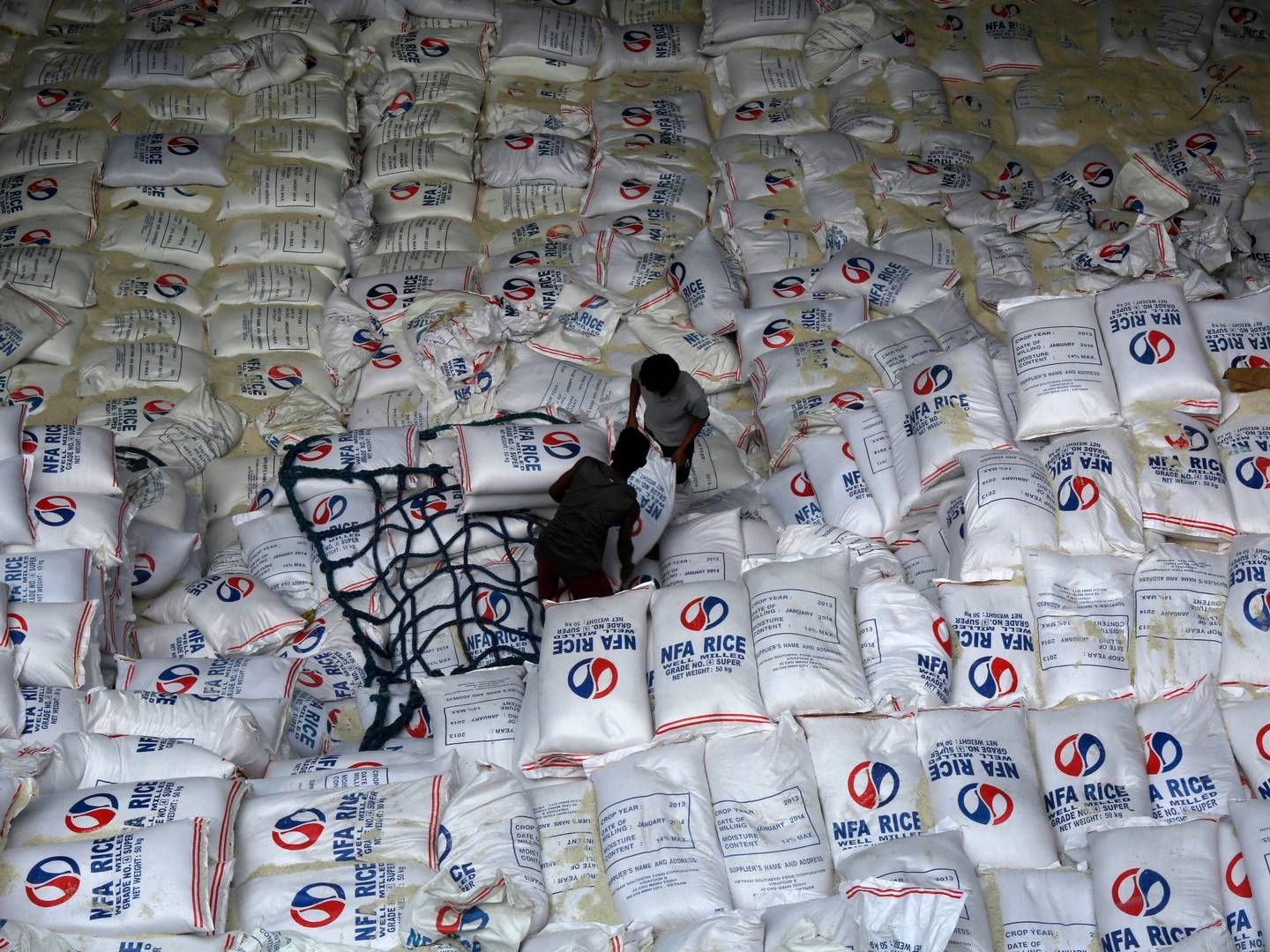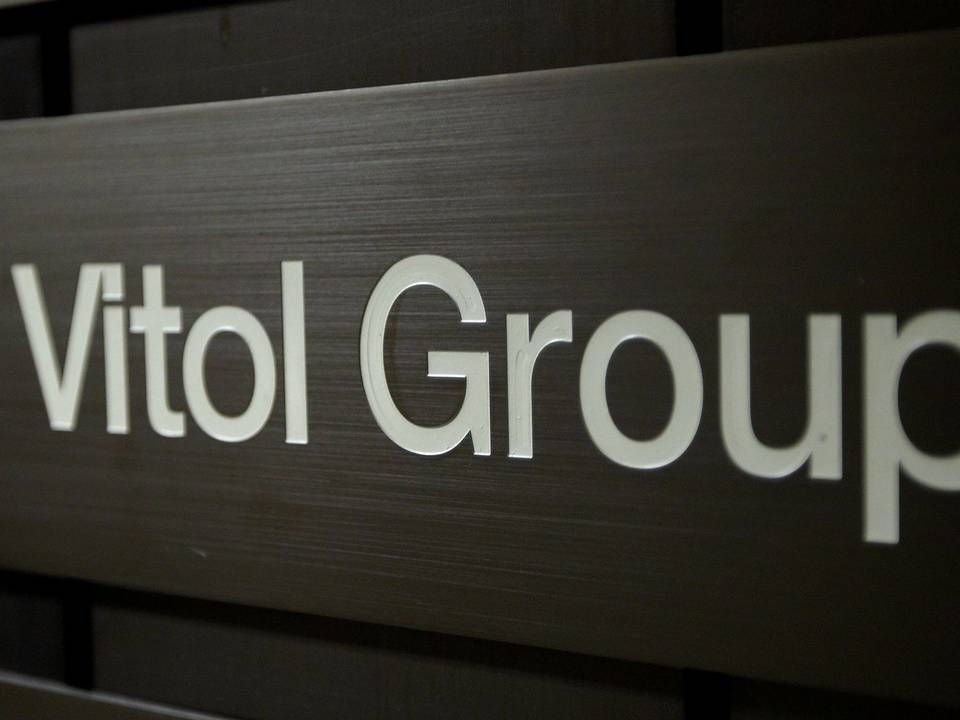Vitol doubled average pay on record profit

Vitol Group doubled the amount its staff earned last year as it notched up record profit of USD 15.1bn thanks to the wild swings in energy markets caused by Russia’s invasion of Ukraine.
The trading house paid an average of just over USD 785,000 each in salary and bonuses to its 3,311 employees, compared with the previous year’s average of USD 394,000, according to the company’s audited annual accounts seen by Bloomberg News.
That’s before taking into account the shareholder payouts to the roughly 450 top executives and traders who also own the company, and received USD 2.5bn in 2022 and another USD 2.5bn in the first half of 2023, according to the accounts.
The figures highlight the vast windfall that commodity traders like Vitol have enjoyed on the back of the volatility caused by the invasion of Ukraine, and how – in an industry where many of the largest players remain privately owned – the benefits have accrued to a small number of individuals.
Together, top commodity traders Vitol, Cargill Inc., Glencore Plc and Trafigura Group made net profits of nearly USD 50bn last year, five times the average over the previous decade. Among them, only Glencore is a public company.
Vitol’s net profit of USD 15.1bn in 2022 was a 258-percent increase on the previous year, itself a record, and more than the largest oil trader had made in the previous six years combined.
The USD 785,000 average compensation per employee compares favorably with Wall Street’s top investment banks – it is more than double the level at Goldman Sachs Group Inc. and Morgan Stanley, whose average compensation per employee last year was about USD 312,000 and USD 280,000, respectively.
Vitol, which is known in the commodity trading industry for being relatively conservative in its financial management, mostly used its profits last year to shore up its balance sheet. It reduced loans and borrowings by more than half to USD 6bn, and almost doubled its shareholder equity to USD 25.8bn.
A Vitol spokesperson declined to comment.
Related articles
Vitol expands with new bunkering service for shipping
For subscribers




















